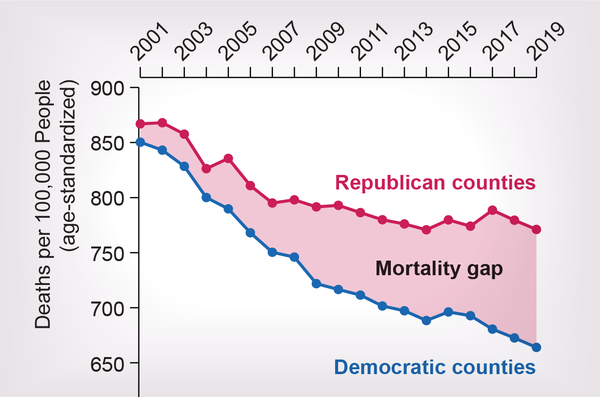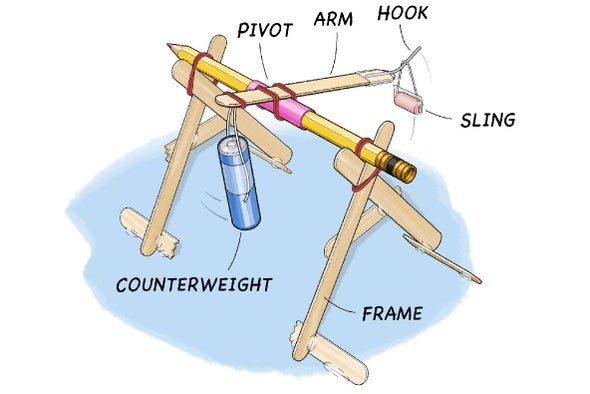 |
| July 22, 2022 |
| |
 |
| |
| |
| Vaccines 5 Things to Know about Monkeypox From symptoms, vaccines and treatment, here are some fast facts about Monkeypox |  | By Tanya Lewis,Tulika Bose,Michael Tabb | | | |
| Climate Change How Hot is Too Hot for the Human Body? A study of healthy volunteers found that the combination of heat and humidity gets dangerous faster than many people realize | | By W. Larry Kenney,Daniel Vecellio,Rachel Cottle,S. Tony Wolf,The Conversation US | | | |
| |
| |
| |
| |
| |
| |
| |
| |
FROM THE STORE
 | | Truth vs Lies How do we navigate the post-truth era, when there is no longer an expectation that politicians or pundits will be honest? In this eBook, we break down the science of deception so that we can protect ourselves against it. We look at human perception and how those perceptions are influenced using technology as well as provide interventions for combating bias and antiscience thinking. *Editor's Note: This Collector's Edition was published as Truth vs Lies. The eBook adaptation contains all of the articles, but some of the artwork has been removed to optimize viewing on tablet devices. |  | | |
BRING SCIENCE HOME
 | | Build a Mini Trebuchet |  Build your own miniature medieval launcher--and see how physics and engineering can help you get the best distance! Credit: George Retseck | You probably know what a catapult is. In the Middle Ages armies would use them to hurl stones at castle walls. But did you know about an even bigger type of medieval siege weapon called a trebuchet? Try this project to build a miniature version! | |  | |
LATEST ISSUES
 |
| |
| Questions? Comments?  | |
| Download the Scientific American App |
| |
| |




